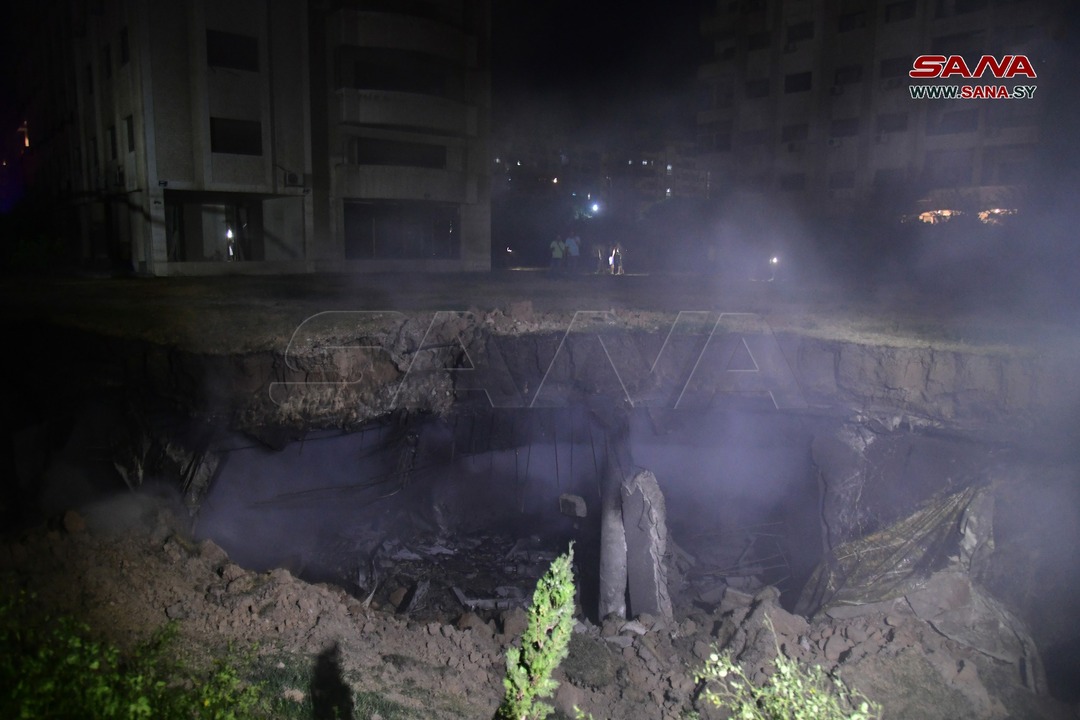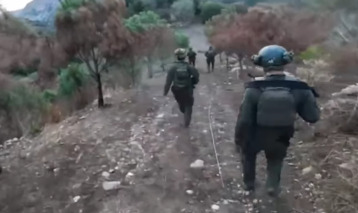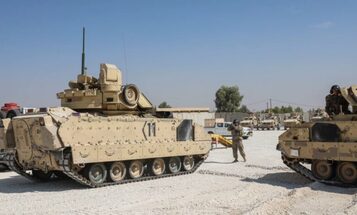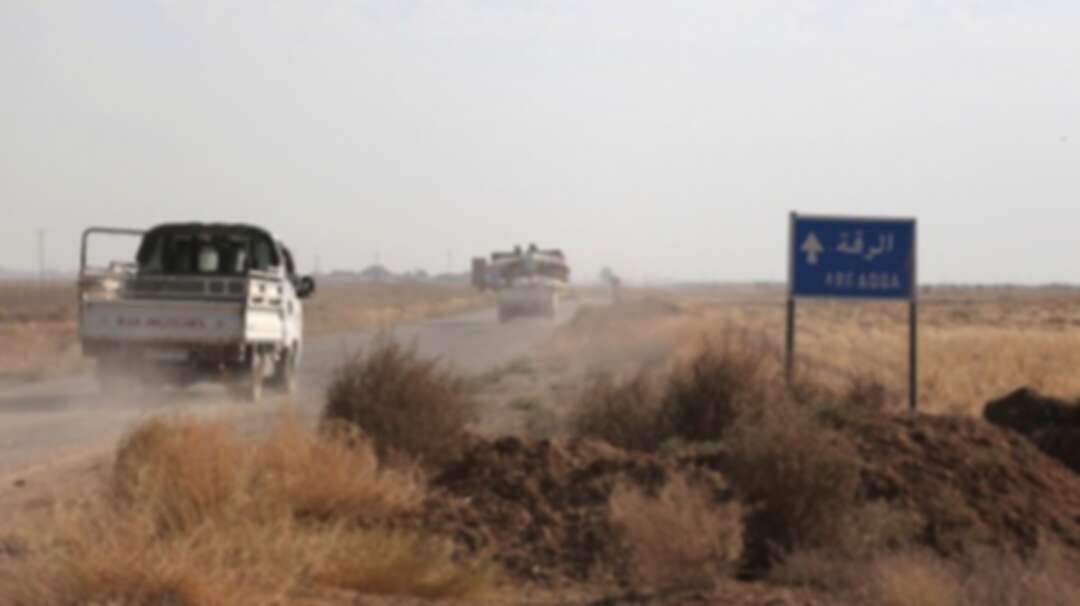-
Syrians Refuse to House Hezbollah Members: Fears of Israeli Targeting
-
The displacement of Hezbollah families within Syria reflects a shift in the party's strategy, as it seeks to protect its members and their families, which may affect its military capability and spread

Areas in Syria that were until recently considered safe havens for Lebanon's Hezbollah are witnessing a notable shift in the attitude of local residents. A phenomenon of refusing to rent houses to Hezbollah members and their families has begun to spread, fearing Israeli attacks that have recently focused on residential buildings, particularly in the Mezzeh district of Damascus.
This refusal has transformed from individual cases to a general phenomenon encompassing the governorates of Damascus, its countryside, Homs, and the Syrian coast. This shift comes amid escalating Israeli attacks on Lebanon and the continued displacement of Lebanese families to Syria, which has led to a noticeable increase in rental prices.
According to the Syrian Observatory for Human Rights, about 50 families of Hezbollah members have left their homes in the city of Al-Qusayr, southwest of Homs, in the past few days, heading to villages with a Shiite majority north of Homs city. The mayor of one of these villages, along with some of its notables, has secured houses to temporarily accommodate these families.
This internal displacement of Hezbollah families indicates a change in the party's strategy, which seeks to protect its members and their families from Israeli strikes. This situation has led some families to resort to areas considered popular incubators for the party, especially in the Shiite-majority villages of Homs.
It's worth noting that Lebanese Hezbollah had completely controlled the city of Al-Qusayr in rural Homs, transforming it into a special area for transferring and passing shipments of weapons, missiles, and drones coming from Iran to the southern suburb in Lebanon, after displacing its original inhabitants since the beginning of the Syrian crisis.
These developments raise questions about the future of Hezbollah's presence in Syria and its impact on the security and economic situation in the country. They also highlight the growing fears among local residents of the consequences of hosting foreign armed elements and the implications for their security and safety.
Levant-Syrian Observatory
You May Also Like
Popular Posts
Caricature
Syrians' concerns now
- December 10, 2024
Syrians' concerns now #Syria
#Bashar_al-Assad
#Liberation_of_Syria
#Syrians
#Future_of_Syria
#Levant_News

opinion
Report
ads
Newsletter
Subscribe to our mailing list to get the new updates!





















